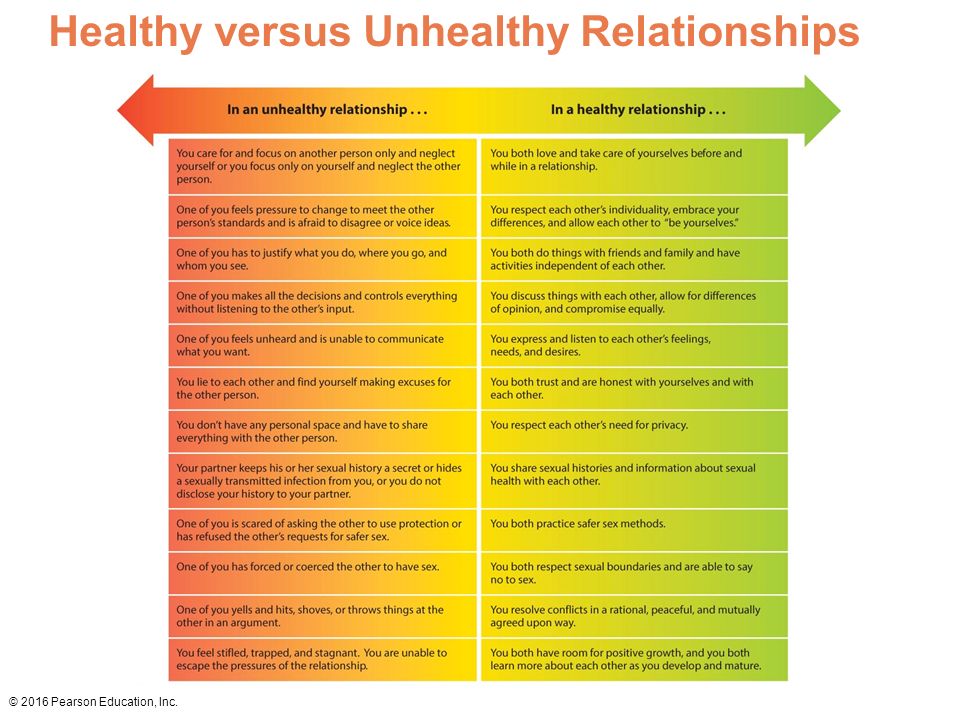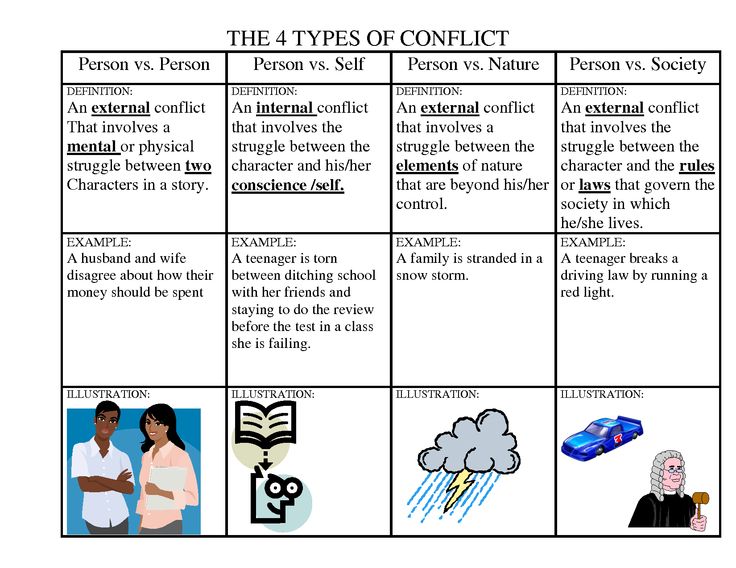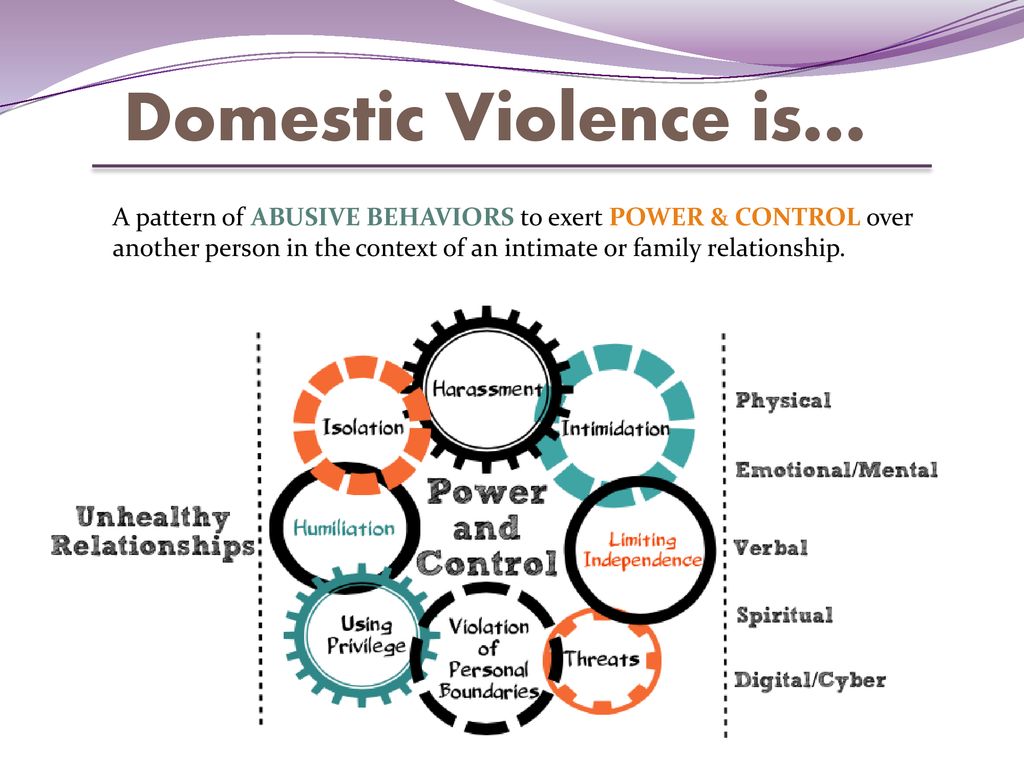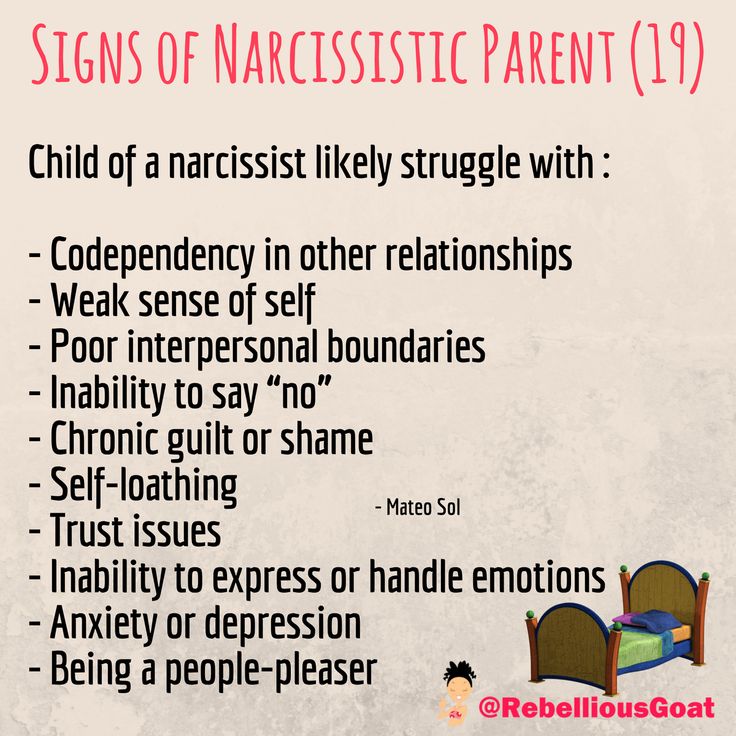Unhealthy relationship boundaries
Healthy vs. Unhealthy Boundaries
By Eleanor Beeslaar
What exactly do healthy boundaries look like?
Healthy boundaries are a key element in your physical, mental, and emotional health. They look different for each person and relationship, and they may change over time. Healthy boundaries are also bidirectional; they involve communicating your wants and needs in a relationship, while also respecting the wants and needs of the other person in the relationship.
Boundaries can be both physical and emotional. Physical boundaries involve what you are comfortable with regarding personal space, touch, privacy, and sexual contact. Emotional boundaries, on the other hand, encompass the line between your feelings and the feelings of others. This looks like taking responsibility for your own feelings and recognizing that you cannot control what others feel. It also involves being aware of what you do/do not feel comfortable sharing with others and honoring those limits.
Here are just a few examples of what healthy boundaries might look like:
- Valuing your personal boundaries and not compromising them for someone else.
- Saying “no” and accepting when others say “no.”
- Knowing who you are and what you want, and communicating that to others.
- Engaging in appropriate sharing.
- Not letting others define you or your sense of self-worth.
- Knowing that your needs and feelings are just as important as the needs and feelings of others.
- Knowing that you have the right to your emotions and feelings.
- Respecting others’ values, beliefs, and opinions, while knowing that you do not have to compromise your own values, beliefs, and opinions.
Regardless of what type of boundaries you are talking about, it’s important to keep in mind that healthy boundaries are all about you and the other person in the relationship’s wants, needs, and limits being honored and respected. It’s also important to remember that healthy boundaries take effort and intentionality to implement and maintain.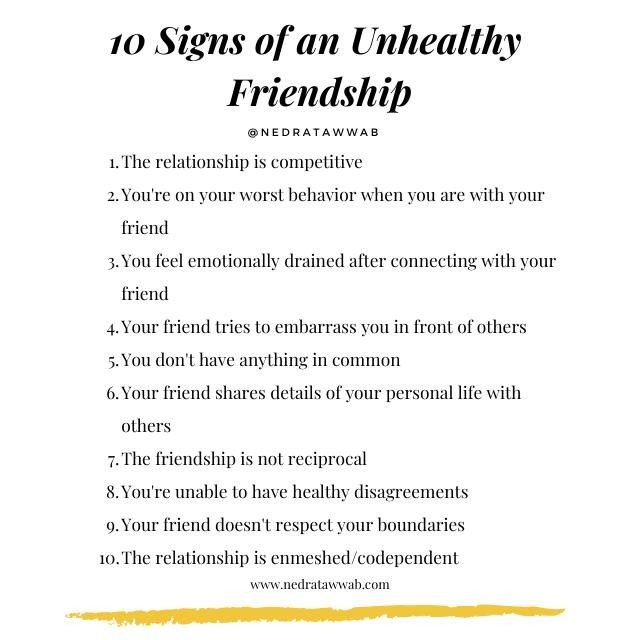 Healthy boundaries can also help prevent relationship abuse by helping individuals understand the difference between what is acceptable vs. unacceptable behavior in different types of relationships.
Healthy boundaries can also help prevent relationship abuse by helping individuals understand the difference between what is acceptable vs. unacceptable behavior in different types of relationships.
What do unhealthy boundaries look like?
Now that we have a better understanding of what healthy boundaries look like, let’s talk about unhealthy boundaries. Unhealthy boundaries involve a disregard for your own and others’ values, wants, needs, and limits. They can also lead to potentially abusive dating/romantic relationships and increase the chances of other types of abusive relationships as well.
Here are some examples of what unhealthy boundaries may look like:
- Disrespecting the values, beliefs, and opinions of others when you do not agree with them.
- Not saying “no” or not accepting when others say “no.”
- Feeling like you are responsible for other people’s feelings and/or happiness.
- Feeling like you are responsible for “fixing” or “saving” others.
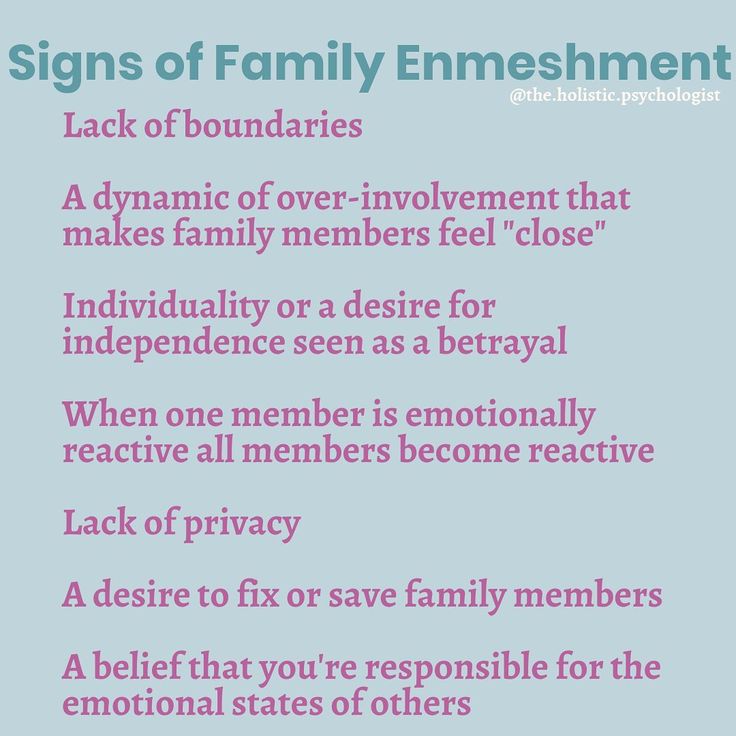
- Touching people without their permission.
- Engaging in sexual activity without clear consent from the other person.
We hope that today’s blog has helped you gain a better understanding of what healthy vs. unhealthy boundaries look like. We encourage you to keep this information in mind as you set boundaries in your relationships!
We will also be sharing more about how to set healthy boundaries in your relationships in tomorrow’s blog, so be sure to stay tuned!
Tagged on: boundaries
15 Signs of Unhealthy Boundaries in Relationships
In This Article
If you want to enjoy your relationship, there are signs of unhealthy boundaries that you need to look out for and nip in the bud. This is because if you don’t find these signs early, unhealthy boundaries in relationships can cause you more harm than you could imagine.
This article will go over everything you need to know about unhealthy boundaries, including how they affect your relationship and what you must do if you are in a relationship characterized by unhealthy boundaries.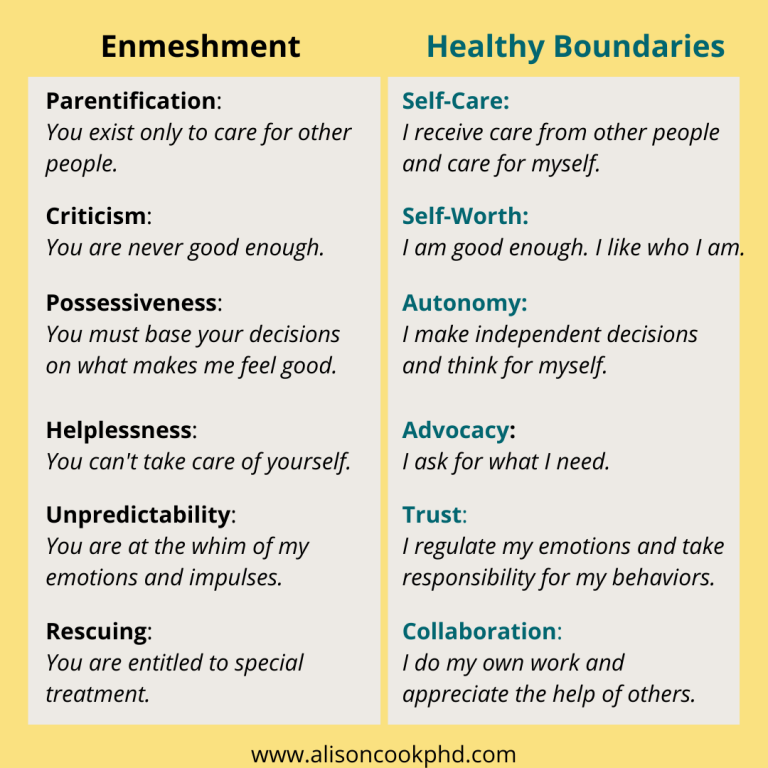
In any case, let’s begin.
Defining unhealthy boundaries in relationships
To effectively define unhealthy boundaries in relationships, it is vital that we first understand what boundaries are.
The Oxford Dictionary defines a boundary as the line marking the limits of an area or a dividing line. According to a report documented in the Women Advocates resource, a boundary is a limit or space between yourself and another person. At this clear point, you begin, and they end. Wikipedia reports 5 types of boundaries, including personal boundaries, boundaries of the mind, symbolic boundaries, professional boundaries, and boundary-work.
A quick look at these definitions reveals that for an individual to function effectively in any type of relationship, they must have put strong boundaries in place.
This is because when there is a lack of boundaries in relationships, your mental health may differ due to what your partner does to you (knowingly or unknowingly).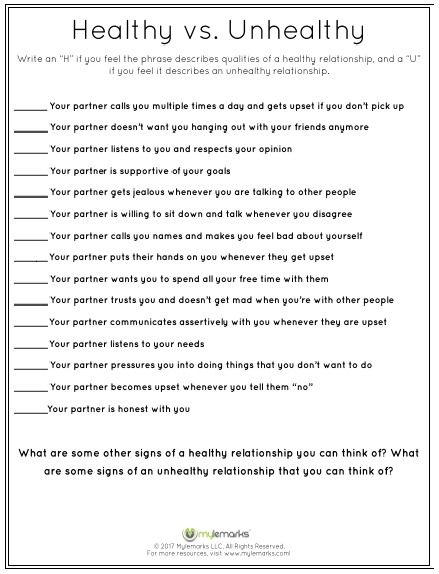
With these in perspective, what are unhealthy boundaries?
Unhealthy boundaries in relationships occur when one or both parties in a romantic relationship have complete disrespect for their values and the ideals of their partner, the result of which may include a potentially abusive relationship and emotional trauma.
Weak boundaries in relationships, more often than not, lead to many emotional and relational complications.
15 signs of unhealthy boundaries in relationships
Take stock of your relationship as you read through this action of the article. If you notice many of these signs in your relationship, they could be signs of unhealthy boundaries.
1. Your brain to mouth filter got turned off on the first dateCan you cast your mind back to the first time you hung out with your partner? What was the experience for you? If you discover (in retrospect) that you shared much more than you should have on that first day, it could be that you have no boundaries.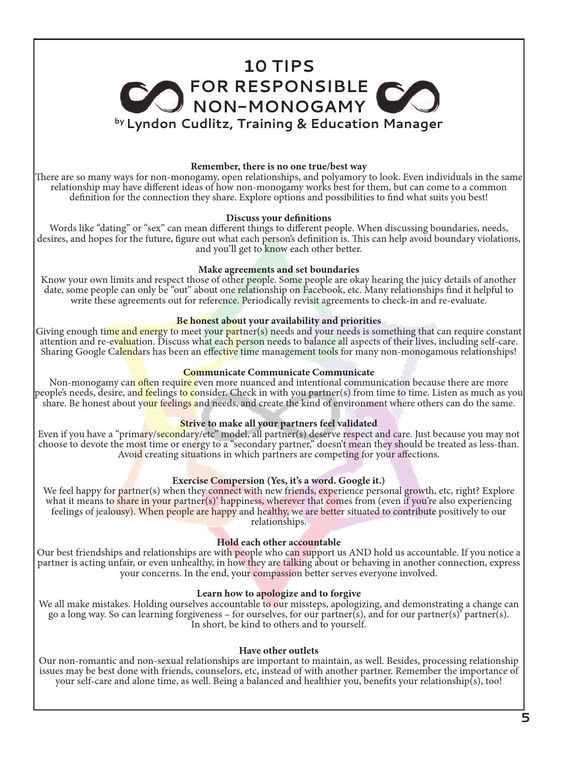
Communication is a great part of every strong relationship. However, some vital information about yourself should only be released to those who are qualified for them.
Related Reading: What to Talk About on a First Date: 20 Things2. You were all over them from the start
If they were the ones doing that to you, it is also safe to say that it is one of the business examples of unhealthy boundaries in relationships. The concept of the personal space is one that every person with a healthy sense of boundaries in relationships understands.
So, think back to how it was with your partner at first. Were you all over your personal spaces from the start?
3. You went against your values just to please themSo, you dislike doing something but for the sake of pleasing them, you subjected yourself to the displeasure of doing that thing. If this is you, that could be a sign of unhealthy boundaries in the relationship.
This is completely different from compromise. In a compromise, you meet with your partner halfway. Under this condition, you bend over backward for nothing, if not to please them.
Stand up for everything that matters to you. Watch this video.
While it is great to feel loved and be the center of another person’s attraction, examining the intensity with which your partner came at you at the beginning of the relationship is necessary.
For the sake of context, it is possible for someone to feel strongly for another person after a short time of meeting them. However, how they communicate their intentions matters.
Suppose they made you feel smothered or spooked with their attention (incessant calls, premature declarations of love, and outright expressions of a desire to be in an exclusive relationship).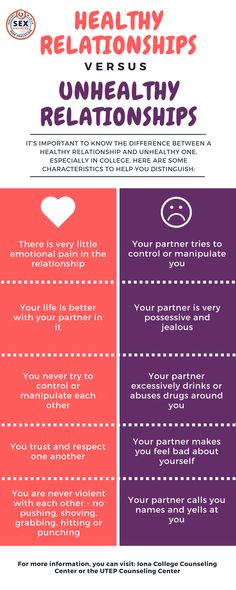 In that case, it could be a sign that you need help setting boundaries in a relationship.
In that case, it could be a sign that you need help setting boundaries in a relationship.
Related Reading: 25 Signs of Unspoken Mutual Attraction Between Two People5. Isolation
Do they feel threatened when you hang out with friends and family? Do they try to forbid you from interacting with other people like you usually would daily? Do they try to keep you tucked away, far from the eyes of other people?
If you answered yes to these questions, it could be a sign of unhealthy boundaries in relationships. Many times, this isolation has the power to evolve into worse things faster than you can imagine.
6. They have no moral standing, as far as you are concernedTake a critical look at the person you are (or want to be) in a relationship with. Can you beat your chest and vouch for them in specific areas of their lives?
If they change with the times or have questionable values that you cannot precisely place your hands on, it may be a sign that you may have issues with unhealthy boundaries sometime in the future.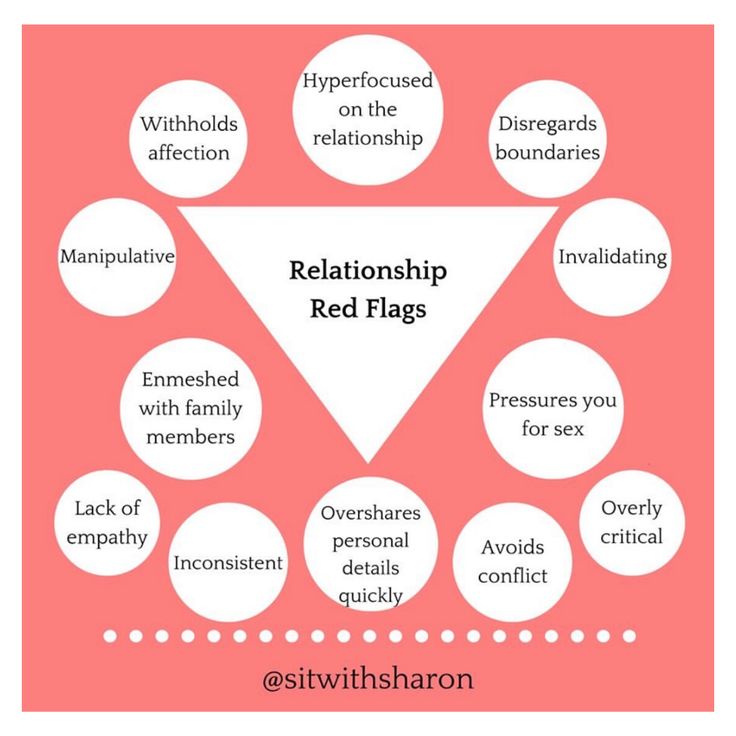
Related Reading: How Important Is Integrity in Relationships7. You let others define your life
On your own, you may struggle with having a strong sense of identity. Suppose you have relinquished the responsibility of developing a healthy sense of self-identity and esteem to your partner. In that case, it may be one of the signs of unhealthy boundaries in your relationship.
8. You can’t say no to them without feeling guiltyAfter a long day at work, you have returned home. You are tired, stressed, and badly in need of some tender loving care. Yes, it is Friday, but all you can think of is a hot shower and crawling into bed immediately afterward.
The only challenge is that your partner is having none of that. They want to party, and they are bent on dragging you along to ‘get some fun.’
Despite knowing that what’s right for you at the moment would be to stay back and take care of yourself, you feel bad for saying no and would instead put yourself in danger than stand on your ‘no. ’
’
Does this sound like you? If it does, your inability to refuse their request could result from unhealthy boundaries in relationships.
Related Reading: Guilt Tripping in Relationships: Signs, Causes, and How to Deal With It9. You would rather accept anything they throw at you instead of demanding what you are worth
Love? Attention? Respect? Devotion?
Despite being the things you know you should be getting when you are in a committed relationship, you would instead put up with the crumbs that they throw your way instead of standing up for yourself and demanding to be treated better.
Find yourself constantly having to fit into a mold that has been created for you by your partner, especially when it is one you aren’t entirely satisfied with. You may have some challenges with setting healthy boundaries.
10. You let them have sex with you, even when you aren’t up to itResearch has proven that there is a direct relationship between sexual activity and intimacy in romantic relationships. While emotional intimacy may not always follow after sexual activity, it is almost impossible to deny the role of sex in healthy romantic relationships.
While emotional intimacy may not always follow after sexual activity, it is almost impossible to deny the role of sex in healthy romantic relationships.
However, sex is a consensual activity that must involve the active agreement of all parties involved. If you, for some reason, find yourself giving into your partner’s sexual desires and advances when you ordinarily do not want to, it could mean that something may be off.
As a rational adult, you should never allow someone to have sex with you when you don’t want to. The control over your own body is something you must put in place if you want to guard against the signs of unhealthy boundaries in your relationship.
Related Reading: 50 Best Sex Positions to Connect with Your Spouse11. Falling for people simply because they were there in for you when you were going through a rough patch
We all have our down times in life. However, the fact that someone stayed with you when dealing with some things doesn’t automatically qualify them as ‘dating/relationship material.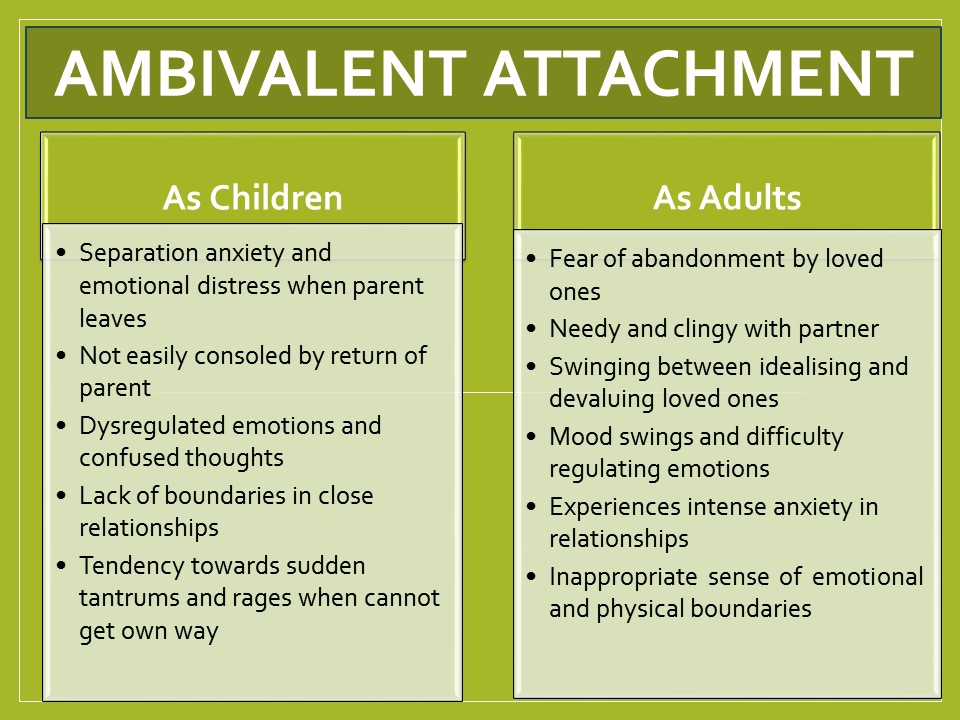 ’
’
One of the signs of unhealthy boundaries is that you find it challenging to keep your emotions in check. Once a person comes through for you at a specific time of your life, you may find yourself falling for them afterward.
This is a recipe for disaster and can only lead to a series of heartbreaks for you.
12. You have gone against your values simply because you want to please themBefore they came into your life, you had some personal value codes that you upheld and placed much priority on. As far as you were concerned, those personal values defined you and gave your life some balance.
However, since they came into your life, you have found yourself going against your values simply because you want to keep them impressed.
While it is necessary to compromise at some point if you want the relationship to keep going, tossing your values aside just to please your partner shows that you may need help setting boundaries in unhealthy relationships.
Related Reading: 25 Ways to Please Your Man13. You take responsibility for their actions, so they don’t have to deal with the emotional weight of their bad decisions
As much as it is a noble thing to want to stand up for your partner, it is necessary that sometimes, you let them take responsibility for their actions so that they can learn and make better choices next time.
If you are the type of partner who would always make excuses for their partner or try to prevent them from taking responsibility for their decisions at some point, you may want to take a step back and reevaluate things.
Also, look out for how they behave when their bad sides are brought to light. Do they accept responsibility, or do they try to apportion blame to you? Are they always the victim in the relationship? Evaluating these can help you understand if you would need help with reinforcing break boundaries in your relationship.
14. They betray you, but you hang on to themSuppose for some reason, you have remained in a relationship with someone who has made a habit out of betraying your feelings and emotions (not just random acts of mistakes). In that case, you may want to reassess the relationship and determine if this is a sign of unhealthy boundaries.
In that case, you may want to reassess the relationship and determine if this is a sign of unhealthy boundaries.
If they break your trust, cheat on you, share your private information with third parties, turn on you in public, or generally make your life miserable, and you continue the relationship with them (like nothing happened), you may be having challenges with setting boundaries in a relationship.
Related Reading: Support Groups for Betrayed Spouses15. They make you feel little, but you have chosen to remain with them
In the eyes of your partner, no one else should be bigger or greater than you are. However, if your partner has made a habit out of making you feel little and making your accomplishments look like trash, you may want to take some time to think about the relationship once again.
Difference between healthy and unhealthy boundaries in relationships
While we have buttressed unhealthy boundaries in relationships and some of the signs that show that you are in an unhealthy relationship, it is important to tell the difference between healthy boundaries and unhealthy boundaries.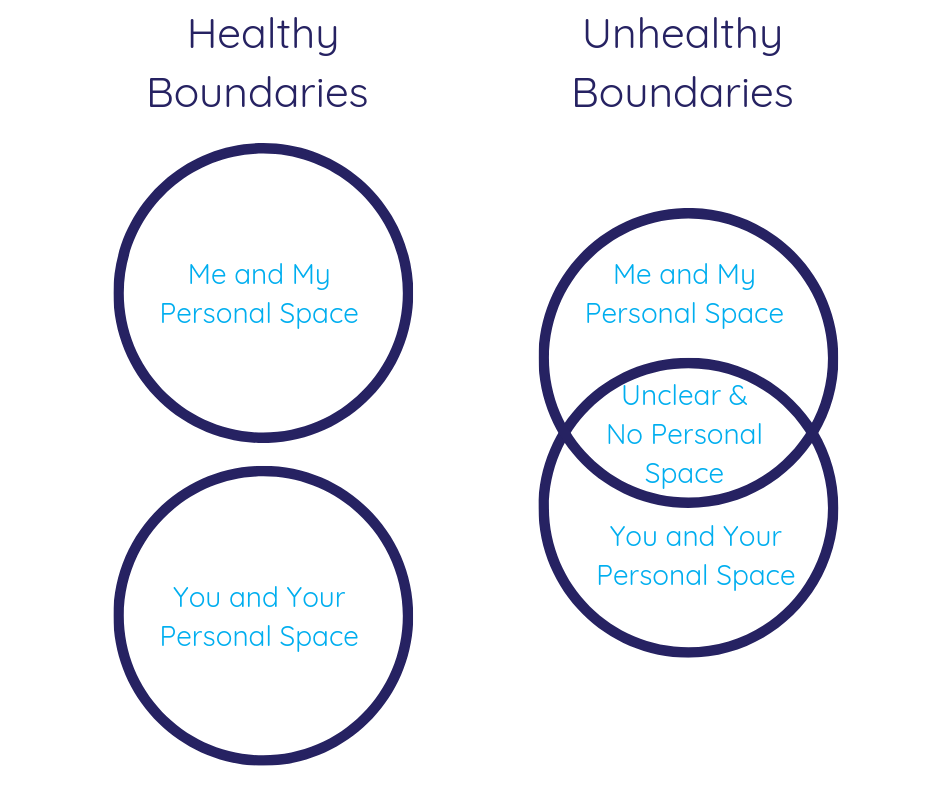
This is because if you are unable to tell the difference, you may lose the good people in your life and keep the bad ones.
This is how to tell the difference between healthy and unhealthy boundaries in relationships.
4 ways to handle a relationship with unhealthy boundaries
Being in an unhealthy relationship with unhealthy boundaries is toxic. It is one of those situations that require immediate attention if you want to enjoy your personal life.
1. Take a breakOne thing you need to do immediately after you identify your relationship as unhealthy is to take a break. This may mean putting some distance between yourself and your partner. If it comes to that, by all means, please do it.
2. Analyze how you feelIt is almost impossible to move on and begin setting boundaries in unhealthy relationships if you don’t take some time to analyze exactly how you feel. What about your partner makes you feel uncomfortable? How exactly do you feel when they put up those actions?
Take note!
Also Try: What Makes You Feel Loved Quiz
3.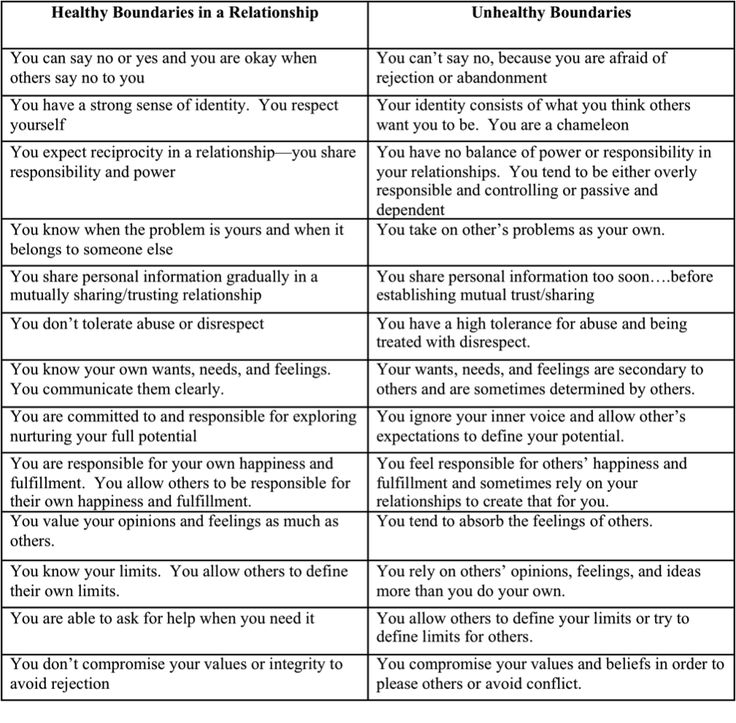 Don’t feel as though you need to rescue your partner
Don’t feel as though you need to rescue your partner This is the first step toward returning to a toxic and unhealthy relationship with signs of unhealthy boundaries. This may take some time, but you need to tell yourself that they are responsible for their actions and they need to exert themselves if they intend to become better people.
4. CommunicateIt is impossible to get them to understand exactly how they make you feel if you don’t make an effort to communicate with them.
During this session, you must come clean and let them know what you discovered from carrying out step 2. Make them understand exactly how they make you feel when there are weak boundaries in a relationship.
Whatever they do with the information is entirely up to them.
Related Reading: How to Communicate Your Needs in a Relationship?5. Talk to trusted ones
People with boundary issues can be unpredictable at times.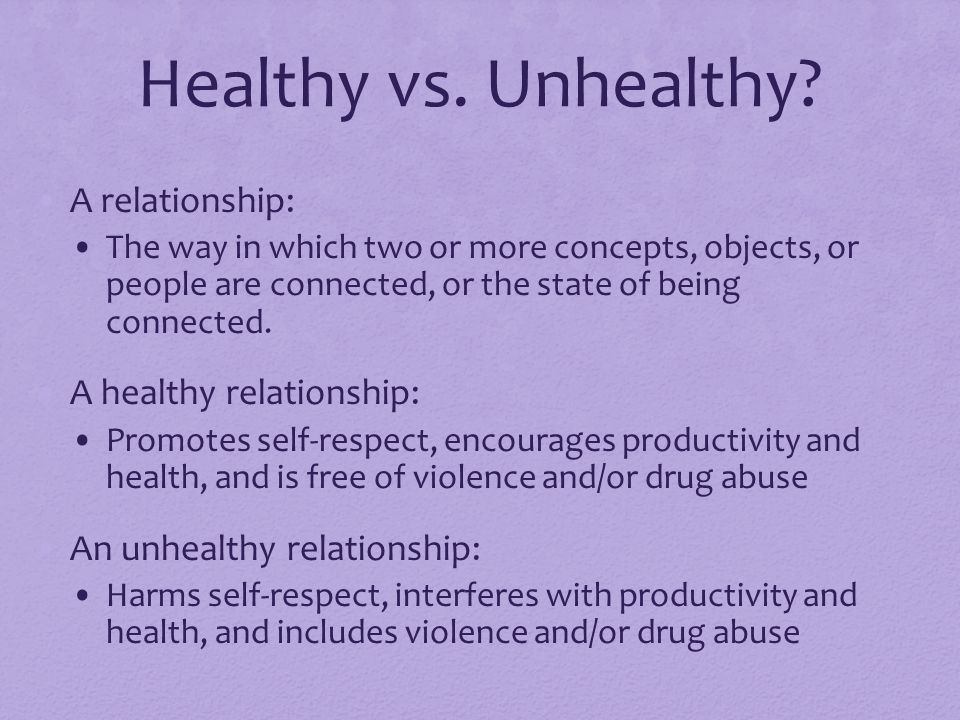 The last thing you want is to be taken unawares.
The last thing you want is to be taken unawares.
If there are friends and loved ones you can talk to, do well to do so immediately. Bring them up to speed on what you are experiencing if the need to defend you arises.
6. Talk to expertsIf you are having challenges with setting personal boundaries in your relationship, you can benefit from the expertise of professionals like psychologists and therapists. They can help you sort through your mind and get you through the dark times.
Related Reading: Proven Ways to Get Him to Listen – Do It Like an Expert!Bottom line
Signs of unhealthy boundaries in relationships shouldn’t be brushed under the carpet when they appear. If you notice any of these signs in your relationship, you must take the steps outlined in the last section of this article as you journey toward a better relationship.
10 signs that it's time to strengthen personal boundaries
November 5, 2021 Life
If you're feeling irritated, offended, or frustrated more often, you may need to better protect your own space.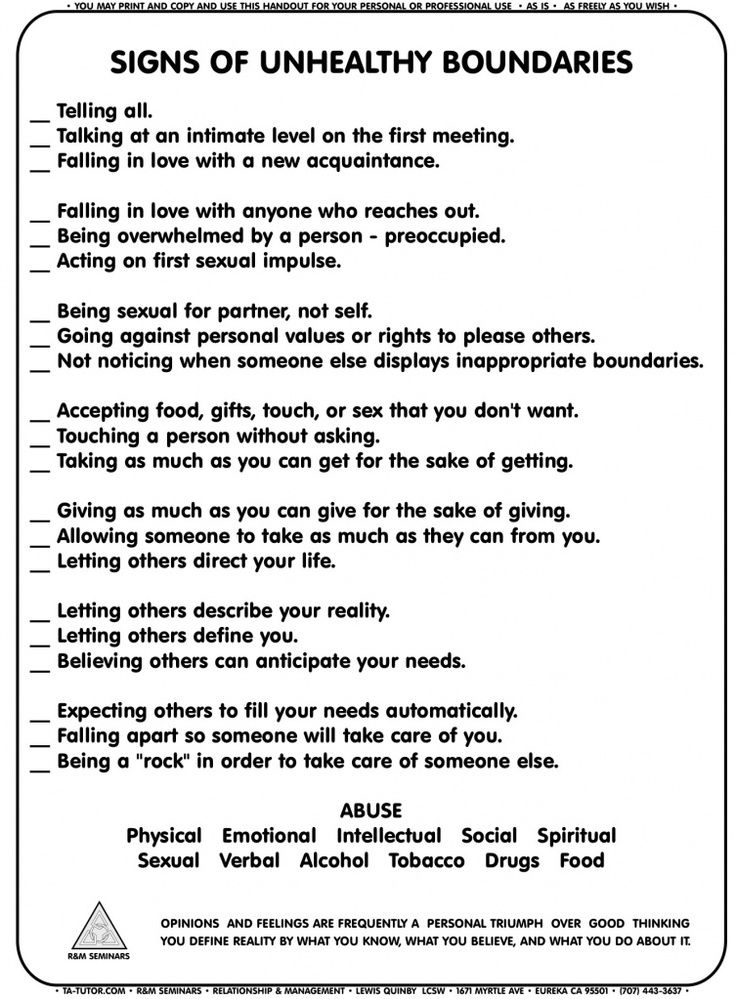
Annie Wright
Psychotherapist, specialist in trauma therapy.
Fence separating one area from another, "No Entry" sign, store opening hours. Such examples of spatial and temporal boundaries are clear to everyone, we accept and observe them. But when it comes to personal boundaries, things are far from being so obvious.
Try to imagine them as an invisible fence that protects you from various encroachments. If personal boundaries are there and they are strong, this has a positive effect on energy levels, self-esteem and relationships with others. If there are no boundaries or you don’t know how to defend them, this negatively affects the quality of life.
Here are ten signs that let you know that there are gaps in your boundaries and should be a wake-up call for you.
1. You feel annoyed
In this case, annoyance is a signal that tells you that you feel that you have been offended or treated unfairly. For example, they persuaded you to take on more responsibilities than you wanted.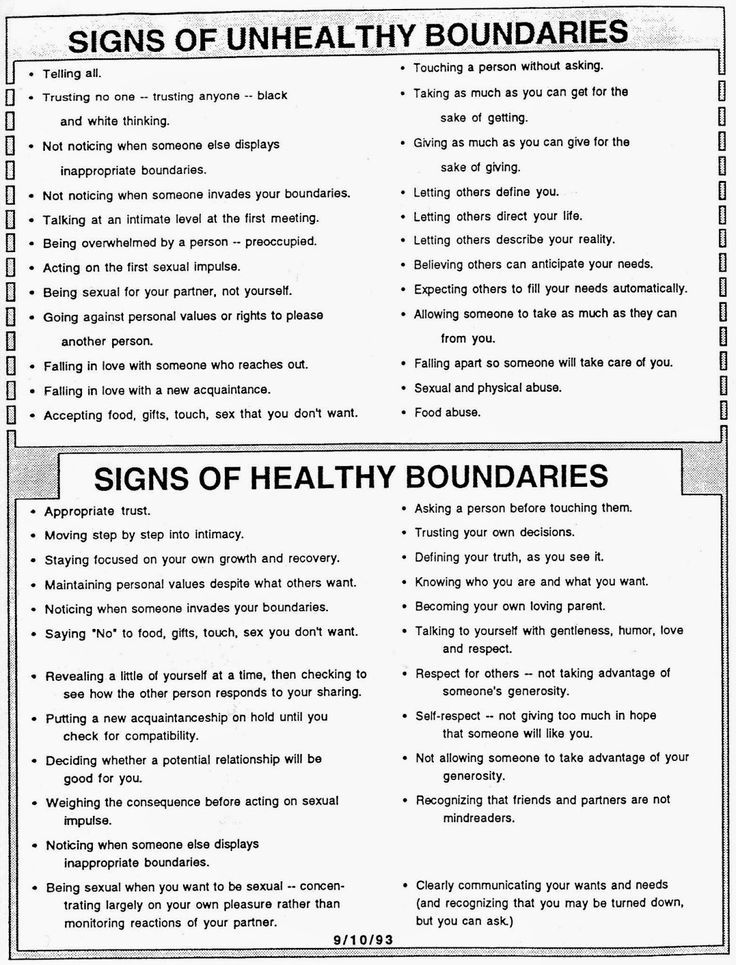 By agreeing, you have overstepped your bounds. After that, you will be annoyed that you were asked at all and that now you have to spend a lot of time and effort.
By agreeing, you have overstepped your bounds. After that, you will be annoyed that you were asked at all and that now you have to spend a lot of time and effort.
Take note 🙊
- 7 things your other half should never ask for
2. You think about what you have agreed to with fear
Fear may suggest that you have taken on something unpleasant for you, thereby violating your boundaries. Meeting relatives you don't get along with, having to go to a party when you're tired—any event on your calendar or item on your to-do list that leaves you in awe should be judged against personal boundaries.
3. You are exhausted
The most obvious thing is that you work too much and do not allow yourself to rest. But exhaustion can also be caused by relationships with others. If after talking with someone you feel like a squeezed lemon, doubt yourself or criticize yourself, most likely he violated your boundaries. Think about exactly how this happened and how you can protect yourself in the future.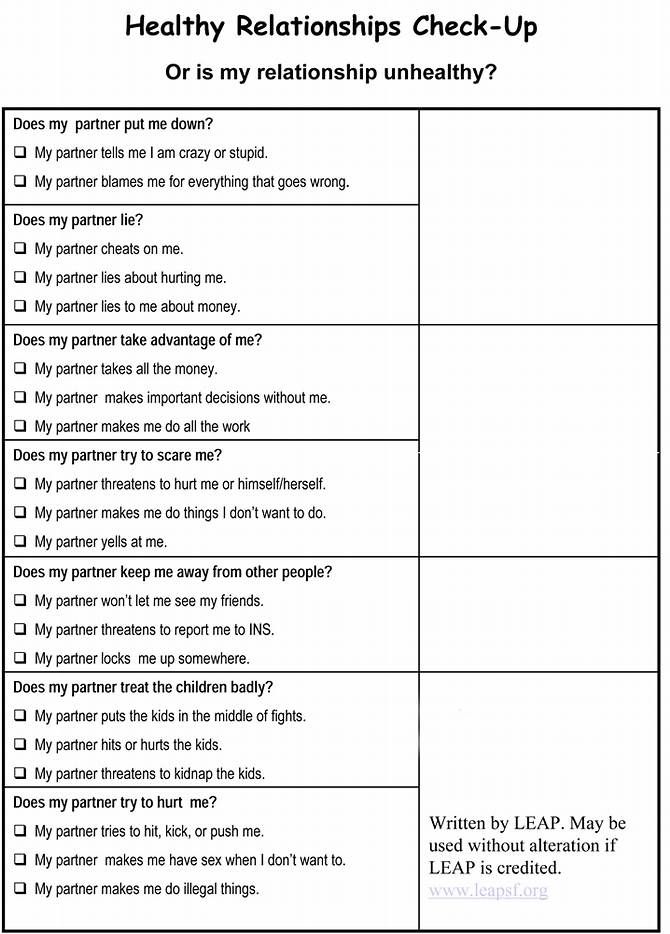
4. You can't refuse
This is a sure sign that it's time to strengthen personal boundaries. Think about why it is so difficult for you to say no, why you are afraid to let someone down. And remind yourself that your own peace of mind is more important than trying to please others.
Practice 🙅♂️🙅♀️
- 8 commandments for those who want to learn how to say “no”
not satisfied or your boundaries have been violated somewhere. Don't ignore these feelings or beat yourself up for having them. Take them as hints and try to understand what exactly they are caused by.
6. You feel like a victim
This may be manifested in your refusing or not asking for help when you would really like it. Or you constantly feel like you are doing everything while others are just relaxing. Thinking about yourself as a victim is a clear sign of problems with personal boundaries.
7. In a relationship you only give, but receive nothing in return
You seem to attract "friends" who ask a lot of you, but don't give anything themselves, and disappear in difficult times.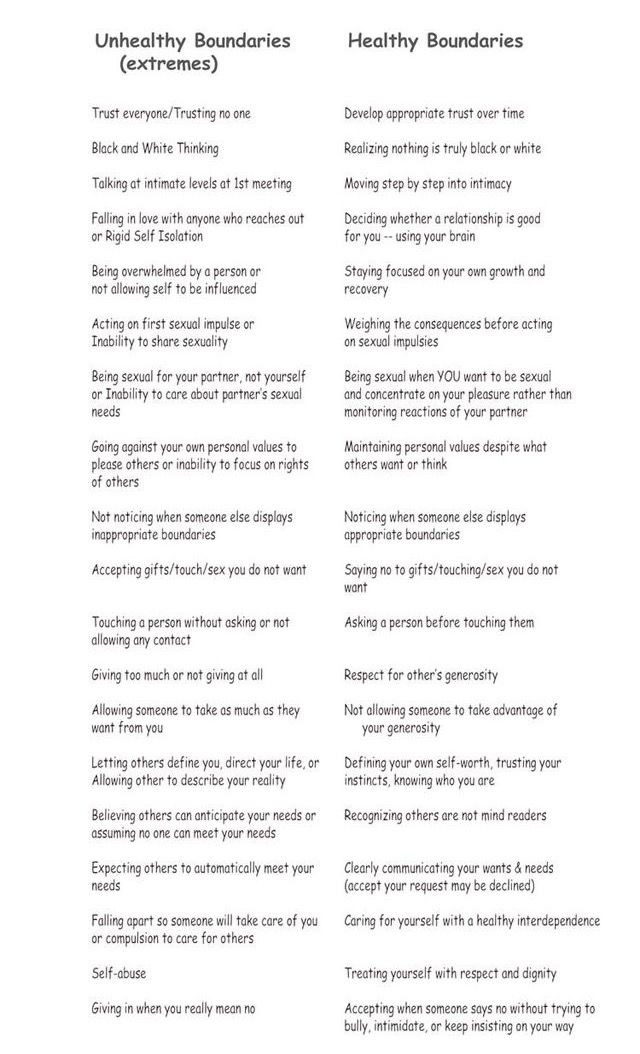 If this pattern is seen in all your relationships, then you definitely need to work on personal boundaries.
If this pattern is seen in all your relationships, then you definitely need to work on personal boundaries.
Now reading 🔥
- How to talk about personal boundaries in sex and why it's important
8. You feel like you're being used
For example, your kindness is being abused and your time, energy, skills, and resources are being taken advantage of. In short, they sit on your head, and you can't do anything about it. This is similar to living in a victim position and clearly speaks of problems with boundaries.
9. You are close to burnout
Feeling overwhelmed, exhausted and not caring about anything is the result of repeatedly breaking personal boundaries. Perhaps you step over them yourself or others do it. In order to avoid complete burnout, think about exactly which boundaries have been damaged: physical, mental or emotional - and how to restore them.
10. You adapt to others
In relationships you lose yourself, become what others need.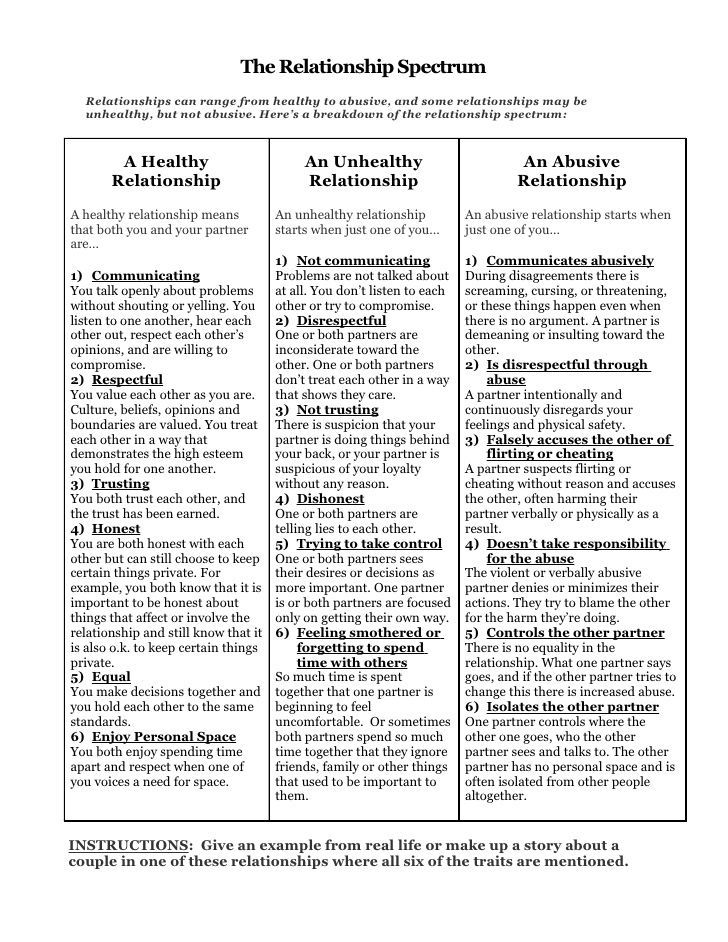 For example, change your preferences, habits, temperament, appearance. Or adopt the mannerisms and attitudes of another person. Such a constant violation of their boundaries will not lead to anything good. Try to understand who you really are and defend it.
For example, change your preferences, habits, temperament, appearance. Or adopt the mannerisms and attitudes of another person. Such a constant violation of their boundaries will not lead to anything good. Try to understand who you really are and defend it.
Read also 🧐
- 8 things you don't have to do in a relationship
- It's not irresponsible! 6 things you shouldn't blame yourself for
- 8 Reasons to Cultivate Healthy Egoism in Yourself
12 Characteristics of People who Violate Other People's Boundaries
37,296
Man Among People Knowing Yourself
Developing and maintaining relationships is one of the most difficult tasks. Relationships always turn out to be more complicated than we would like. They are complicated by a variety of factors: emotional, behavioral, social, psychological and even genetic.
If you have an unhealthy relationship with a person who is emotionally unstable or uses psychological abuse, the only way out is to stop communicating.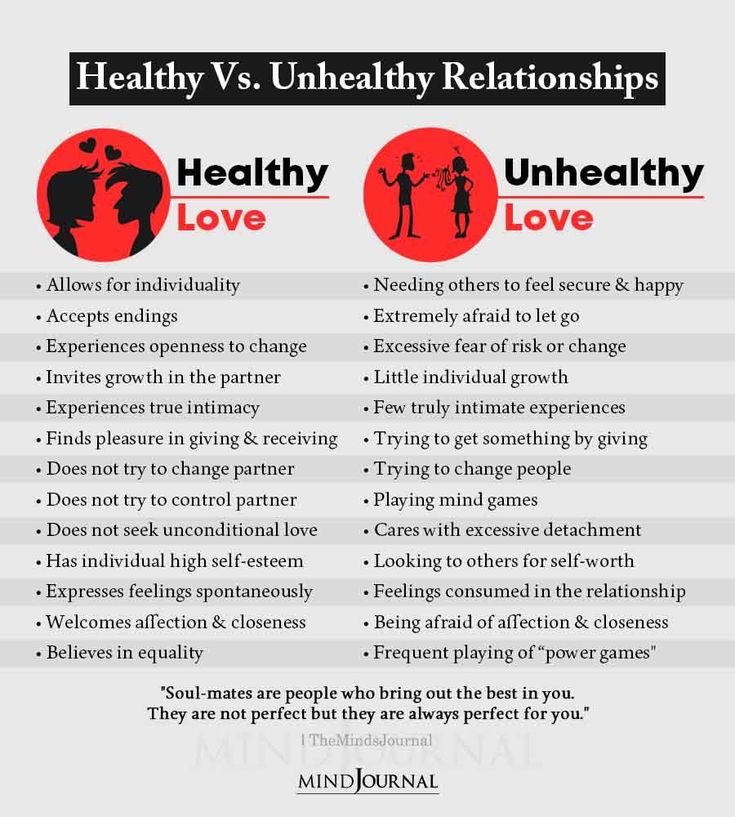 Here are a few characteristics of people who tend to violate boundaries.
Here are a few characteristics of people who tend to violate boundaries.
1. They rush, creating the illusion of urgency
A favorite technique of manipulators is to suggest that something urgently needs to be done or decided. Shops also use this method, trying to get us to buy something without thinking about the decision. The goal is to speed up the selection process and provoke impulsive, thoughtless actions.
2. They give you attention
They seem to be thinking about you all the time, but that shouldn't be flattering. This only happens because you are useful to them in some way. You are not appreciated, not respected, but simply used. I once counseled a young woman whose neighbor constantly left her notes of best wishes, cleared snow from her yard, gave her a ride to school, and even cooked her lunch. It was very kind of her, but one day she asked if my client could help her care for her dying mother. She replied that, unfortunately, she could not, and named objective reasons, after which the attitude towards her deteriorated sharply.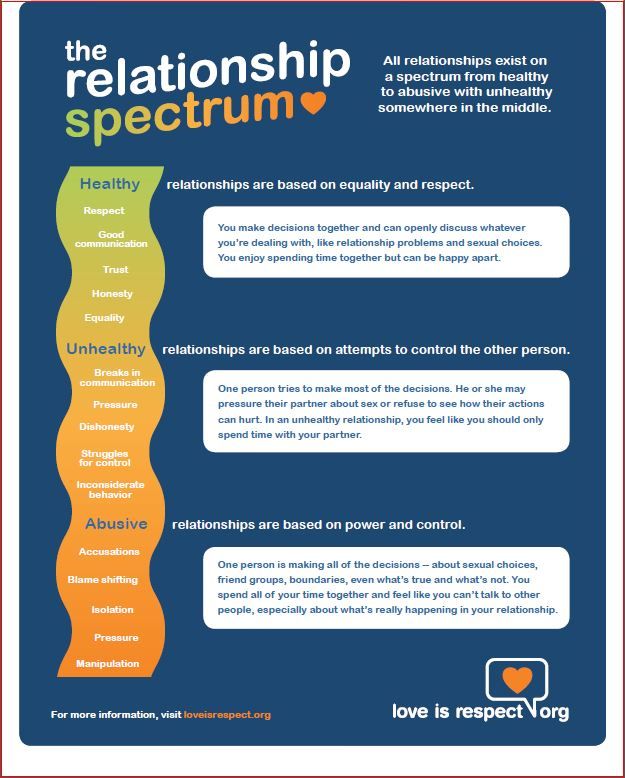
3. Don't think about your feelings
Selfish people who use you don't think about your interests. They constantly try to confuse, forcing them to doubt their perception of reality and adequacy. Often they ignore all your attempts to reach them, refuse to answer questions and talk, trying to control you. Such behavior is a form of psychological abuse.
4. They care little about your health and safety
These people don't think about whether their behavior is harming you. For example, a colleague may ask you to lie to your boss to get him out of harm's way, knowing that lying could cost you your job. A relative may ask you to support him in a conflict, while he is not embarrassed that you yourself can suffer.
5. They try to involve you in their business
They are incapable of doing their business without involving you. A few years ago I was contacted by one of the directors of a law firm who had worked there for 25 years. He could not understand why a powerful colleague would not leave him alone, although he had made it clear that he did not want to work with him on a client's case.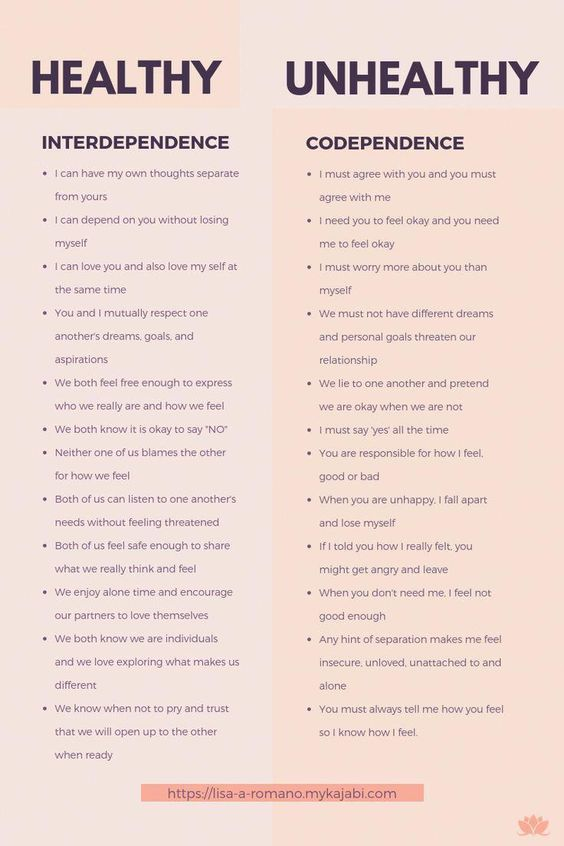 Moreover, the colleague began to behave aggressively, spoke impartially about my client in front of other colleagues. Once said "no" led to psychological abuse that lasted for years.
Moreover, the colleague began to behave aggressively, spoke impartially about my client in front of other colleagues. Once said "no" led to psychological abuse that lasted for years.
6. Does not respect the need for privacy
You have every right to privacy and privacy. Stay away from those who are unable to understand it. The fact that they do not respect the two most important human needs says a lot about their value system.
7. They gradually wear you down.
Often such people act quite subtly, from time to time reminding them of what they need until you give up. They say and do the same things, gradually loosening your boundaries and getting on your nerves. If starvation fails, coercion, intimidation, and fraud are used.
8. They think that everything is allowed to them
It is extremely difficult to get along and communicate with someone who thinks that everything is allowed to him and everyone around him owes something to him. He is incapable of speaking with others on an equal footing.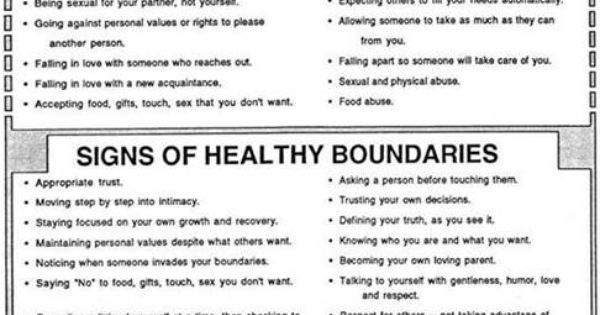 You will constantly have the feeling that you are being used, belittled. It is important to make it clear that you will not tolerate this kind of attitude.
You will constantly have the feeling that you are being used, belittled. It is important to make it clear that you will not tolerate this kind of attitude.
9. Constantly checking you
Often they refuse to discuss something with you, do not want to maintain honest and equal relations, ignore your needs in favor of their own. Checking can take the form of manipulation: the egoist wants to understand how far you will allow him to go. This will repeat.
10. They plot behind your back
They try to control you and always be aware of the details of your life, without revealing anything about theirs.
11. They seem to suffer from a split personality
Everyone has good and bad days, we change with age, facing new difficulties and gaining experience. But communicating with someone who constantly changes attitudes and behaviors is difficult. Instability often leads to the violation of foreign borders.
Often from the outside it seems that such people themselves do not understand what they want, are not sure of their own decisions, doubt their emotions.